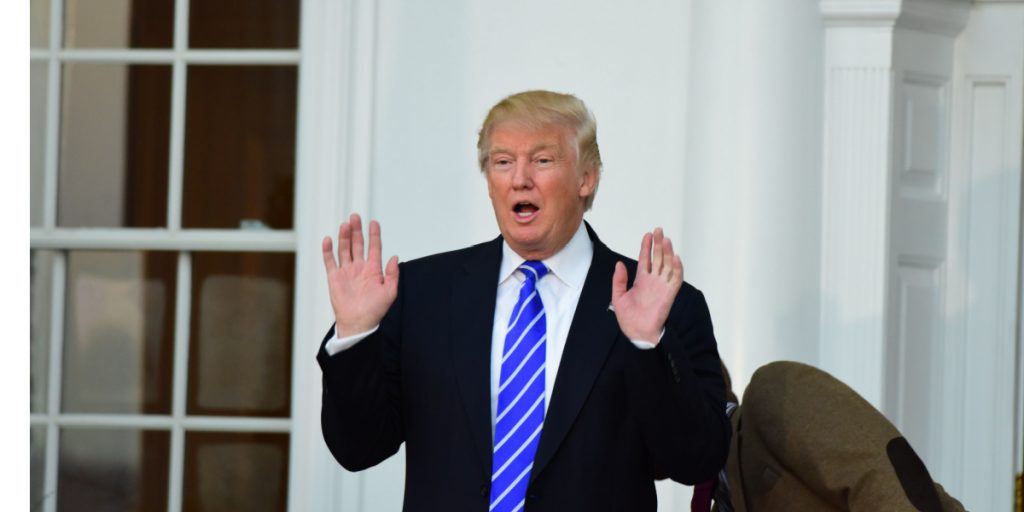Trump calls opponents “pests” and vows to “purge” them – Now compared to Hitler
Others are reading now
Former U.S. President Donald Trump’s verbal attacks have grown increasingly severe in recent months. During a recent Veterans Day event, Trump pledged to “cleanse” the U.S. of “communists, Marxists, fascists, and left-wing extremists,” likening them to pests within the nation’s borders.
This rhetoric has raised eyebrows, especially when paralleled to similar language used historically by Adolf Hitler.
At a Veterans Day gathering in Claremont, New Hampshire, Trump’s words received modest applause. His promise to eradicate these groups for the sake of veterans was clear and direct. Following the event, Trump reiterated this statement on his social media platform, Truth Social.
Also read
Trump’s language, particularly the comparison of political adversaries to pests, has historical precedents, notably in the speeches and writings of Adolf Hitler.
This parallel has led U.S. President Joe Biden to draw a direct comparison between Trump and dictators like Hitler and Mussolini.
Trump’s fall campaign has been marked by increasingly extreme statements. At an event in Derry, New Hampshire, Trump mockingly threatened physical violence against Joe Biden.
Furthermore, in an interview with The National Pulse, Trump accused illegal immigrants of “poisoning the blood” of the U.S., a statement that has been criticized for its resemblance to Nazi propaganda.
Public and Political Reactions:
Trump’s use of such rhetoric has been met with a mix of support and alarm. Critics fear that his inflammatory language could incite violence, akin to the January 6th Capitol riot.
Trump’s campaign spokesperson, Steven Cheung, has dismissed comparisons to Hitler as exaggerated and symptomatic of “Trump Confusion Syndrome.”
Despite these controversies, Trump continues to lead in Republican presidential candidate polls and even shows a slight lead over Biden in recent surveys.


